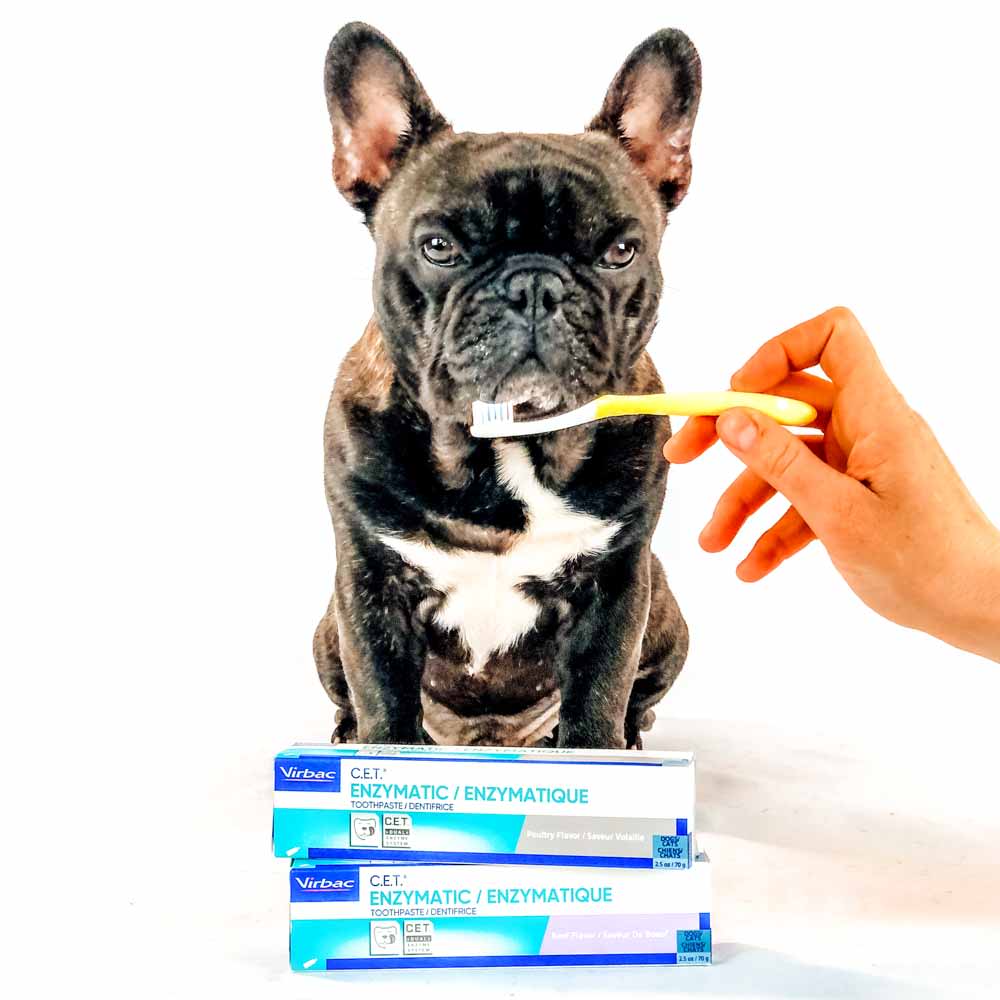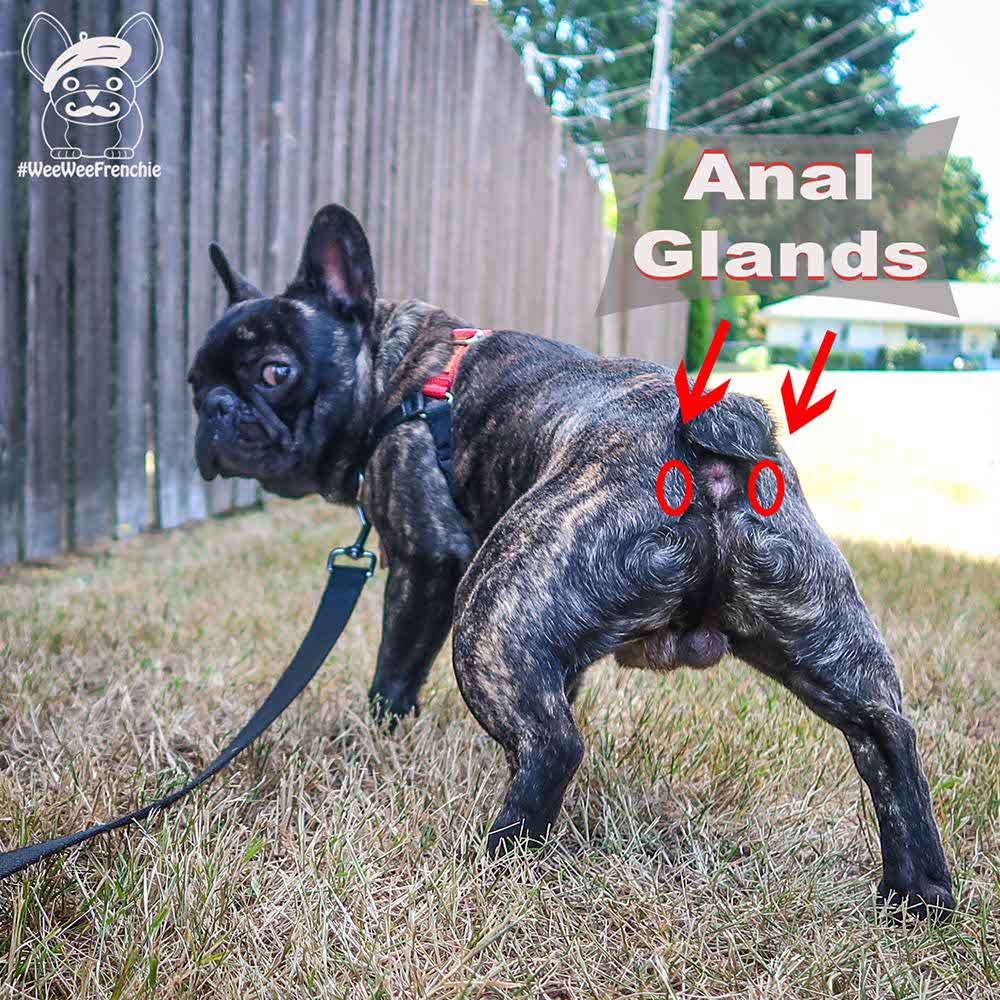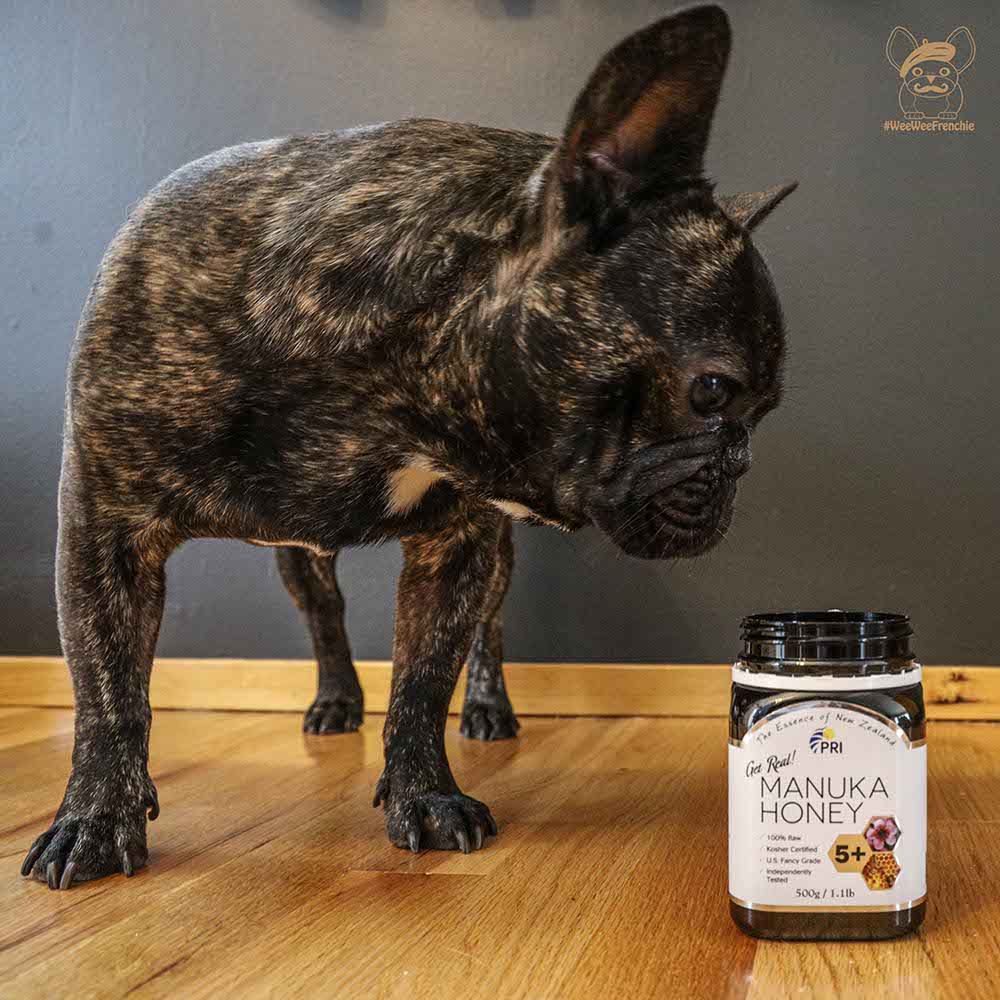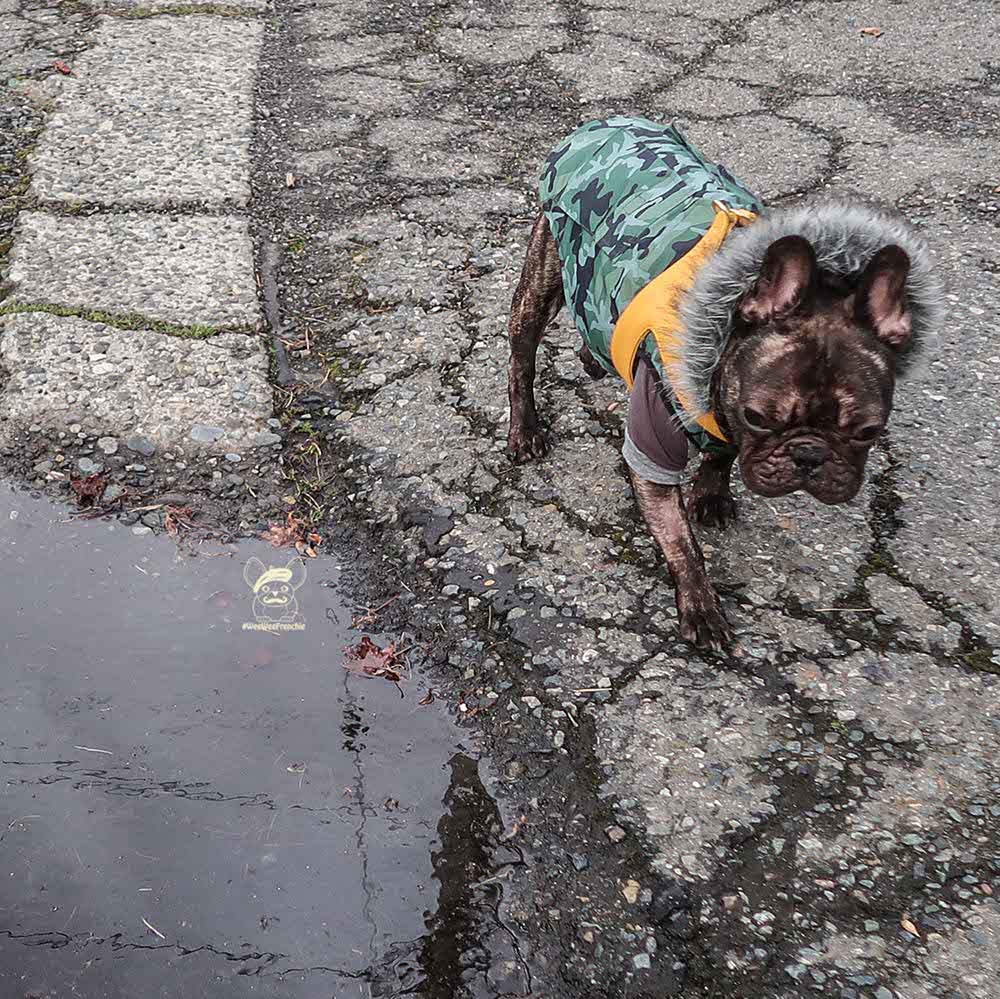Folate May Be Needed For Your Dog
If your dog has a history of inflammatory bowel disease (IBD), there could be something you’re missing. Inflammation of the small intestine can lead to malabsorption. This can cause vitamin deficiencies, such as low folate levels.
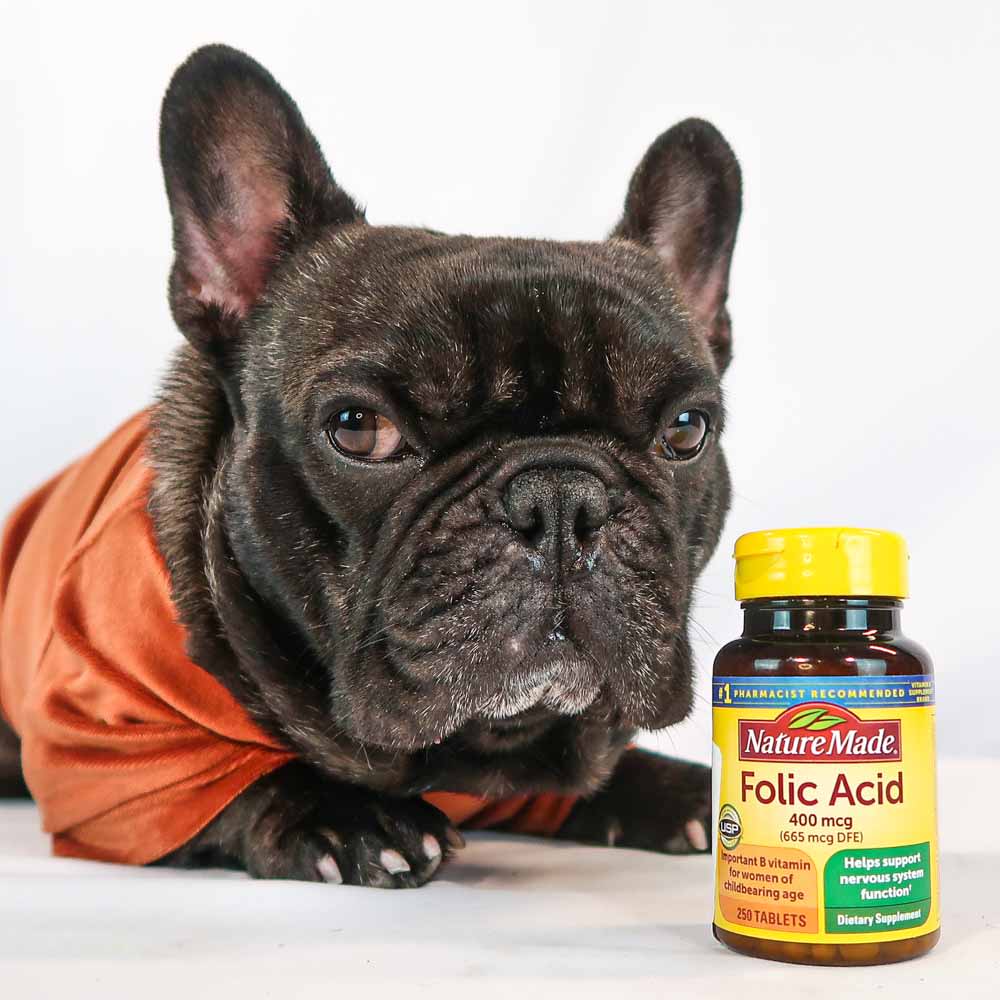
Folate (Vitamin B-9) is needed for red blood cell formation and immune function.
If there is a folate deficiency, symptoms include:
- Behavior changes - irritability, depression
- Anemia
- Low platelets (longer bleeding times)
- Elevated blood homocysteine
- Impaired white blood cell development
Folate deficiency happens less often in healthy dogs. Usually there is a health condition, like IBD, that causes malabsorption of vitamins.
Foods rich in folate are leafy green vegetables, peas, nuts, eggs, and liver. If your dog is folate deficient, increasing foods rich in folate can help. Always double check if a food is dog-safe before feeding to your dog.
Folic acid is the synthetic form of folate, which is difficult for dogs to absorb. If supplementation is needed, use folate tablets. Starting dose is usually 400mcg per day.
If your dog has IBD or other gastrointestinal disorders, check the folate level. Supplementation is easy and can help to reduce inflammation and irritability. Correcting folate levels can reduce other issues, like regurgitation and vomiting.
Make sure to discuss with your veterinarian before starting any supplement.
Subscribe to our weekly blog by submitting your information in the box below.

